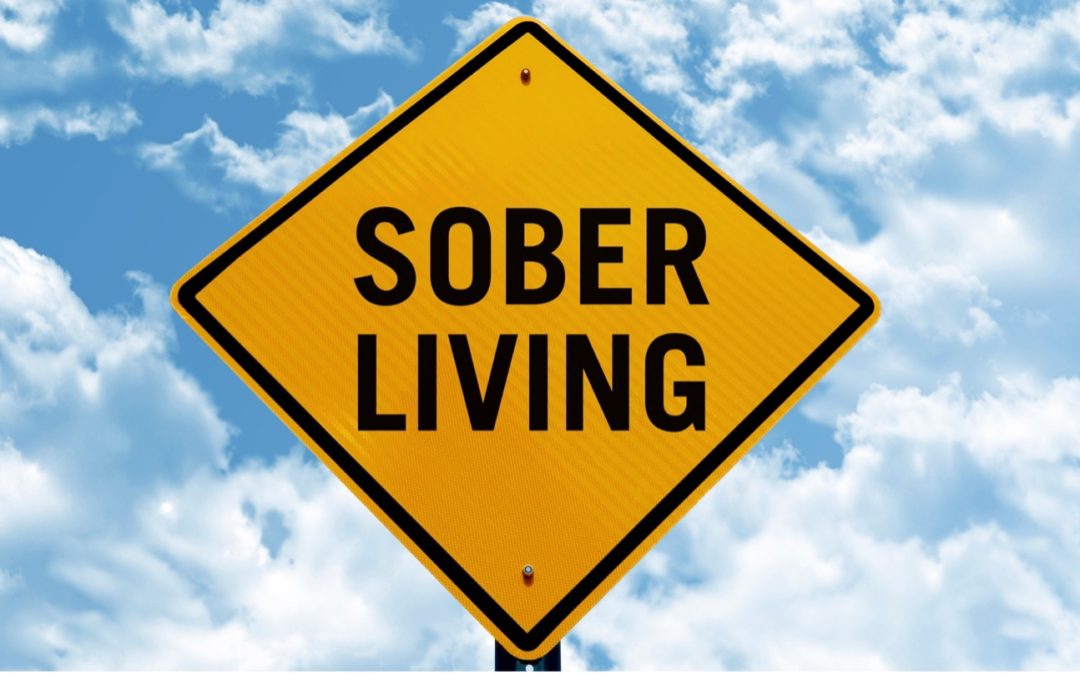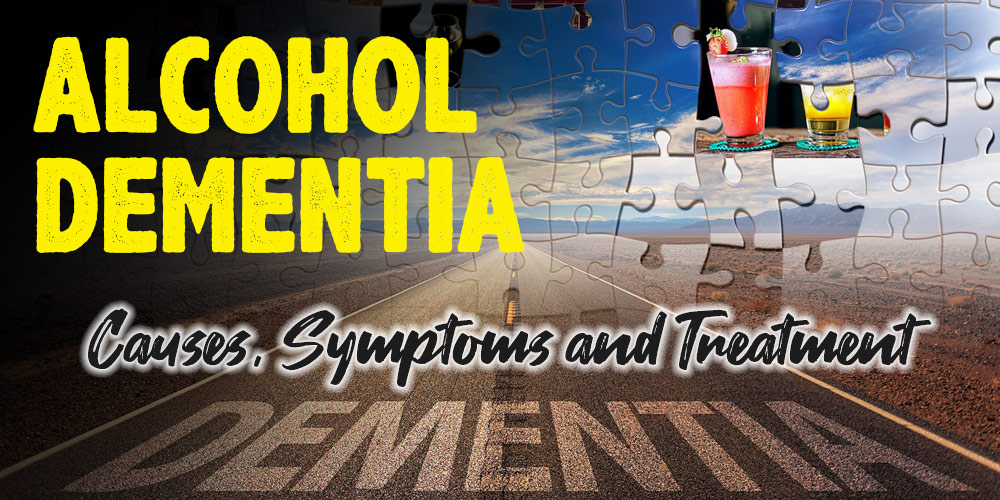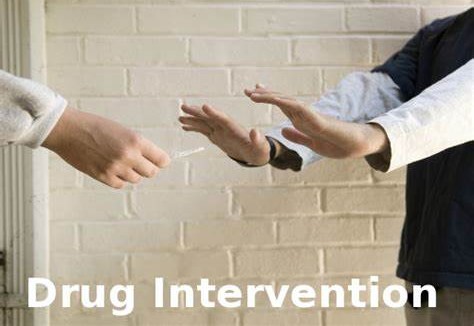Detoxing in jail
Detoxing from drugs outside of a healthcare facility offers privacy and flexibility but comes with risks. Without medical supervision, individuals may face severe withdrawal symptoms, dehydration, cardiovascular issues, respiratory depression, and psychiatric symptoms. Understanding the advantages, disadvantages, and potential medical complications of detoxing outside a healthcare facility is crucial for those considering this approach. Understanding … Read more









